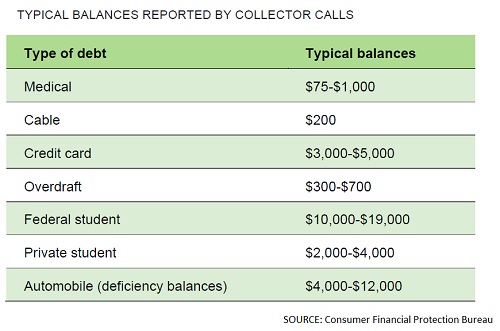money mutual loans payday loan near me
Payday loan providers whom provide these loans frequently run in low-income communities.
Payday advances typically have actually yearly interest levels between 300 and 400 %.
As presently written, the Payday Lending Rule calls for loan providers to look at borrowers’ pay stubs, talk to companies, or otherwise confirm borrowers’ ability to cover their loans back.
Proponents for the modification state the looser guideline will make sure that those borrowers do have more credit choices. Opponents state the alteration sets borrowers at greater monetary danger than they encountered before borrowing.
The new rule’s execution will additionally be postponed (PDF) to November 2020, from the previous begin date of August 2019. The initial guideline had been finalized under Richard Cordray, who was simply appointed by previous President Barack Obama. However it ended up being placed under review by Cordray’s short-term successor, Mick Mulvaney, who was simply appointed by President Donald Trump. Today’s proposed modification, by Mulvaney’s successor that is permanent Kathy Kraninger, is because of that review. It’s at the mercy of a 90-day comment duration.
Proponents and Detractors Weigh In
In announcing the modifications, the CFPB took along side it of this payday financing industry. The bureau stated there was clearly maybe maybe perhaps perhaps not sufficient proof or appropriate help when it comes to ability-to-pay provisions.
“Additionally, the Bureau can be involved why these conditions would reduce use of credit and competition in states which have determined it is inside their residents’ passions in order to utilize products that are such” the bureau stated in a declaration.
“We appreciate that the CFPB has recognized a few of the critical flaws associated with rule that is final”  claims Dennis Shaul, CEO regarding the Community Financial solutions Association of America, a market team that represents payday loan providers and it is located in Alexandria, Va.
claims Dennis Shaul, CEO regarding the Community Financial solutions Association of America, a market team that represents payday loan providers and it is located in Alexandria, Va.
Shaul’s team has maintained that without having the noticeable modifications, the Payday Lending Rule would lead to more, maybe maybe maybe perhaps not less, credit issues for customers. One of the possible results: more overdraft fees and extraneous costs whenever customers bounce checks; more customers looking for unlawful, overseas, or unregulated loan providers; and much more individuals filing for Chapter 7 bankruptcy.
Beneath the national government, CFPB research (PDF) unearthed that payday borrowers frequently were not able to settle the loans and finished up reborrowing, getting caught in an“debt trap. this is certainly inescapable” Many ended up in standard. The report stated 1 in 5 borrowers of single-payment automobile name loans finished up having their car seized by the financial institution for failure to settle. The bureau argued that the ability-to-pay requirement ended up being had a need to protect customers.
Customer advocates consented, and indicated concern today in regards to the proposed changes.
“The CFPB’s latest proposition will keep struggling borrowers in danger of dropping further behind by giving payday as well as other high-cost loan providers the green light to carry on trapping them deep with debt,” says Suzanne Martindale, senior policy counsel for Consumer Reports.
Lauren Saunders, connect manager for the nationwide customer Law Center, a nonprofit company based in Boston, countered the contention that limitations on payday lending managed to get difficult for low-income borrowers to have credit once they required it. A report carried out by her organization (PDF) a year ago discovered that as soon as the District of Columbia and 15 states capped interest levels or any other borrowing prices for short-term loans, customers discovered options. They didn’t flock in good sized quantities to, as an example, illegal internet loans.
“Even a charge card that’s targeted at somebody with blemished credit is supposed to be reduced in interest when compared to a pay day loan,” she claims. The CFPB is “eviscerating defenses against predatory financing by cutting out of the heart of a commonsense guideline.”



